1. Rodent Urine and Droppings
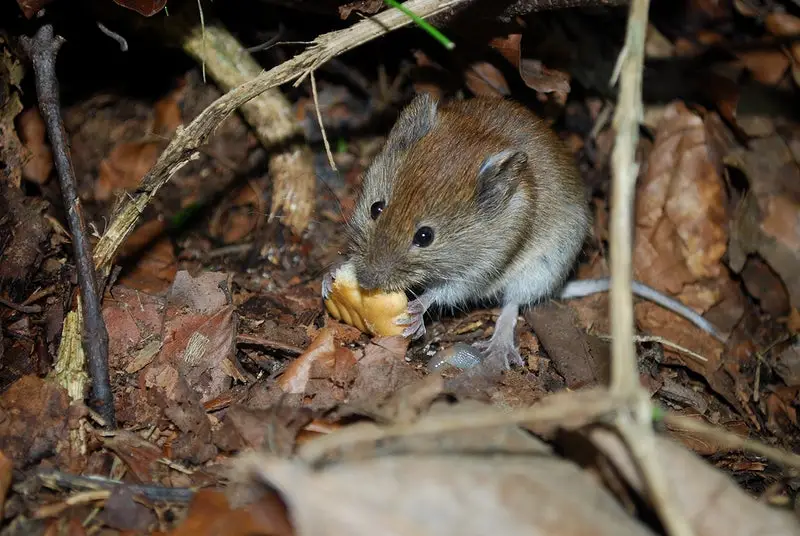
Rodent urine and droppings might seem like harmless remnants of your neighborhood’s wildlife, but they actually serve as powerful attractants for predators like snakes. Many species of snakes are known to prey on rodents, and the scent of urine or droppings from small mammals like mice, squirrels, or rabbits can be a direct invitation to snakes looking for food. According to LiveScience, snakes have a keen sense of smell, and they can detect these scents from far away. If rodents have made a home in or around your yard, snakes may be drawn to the area to hunt them down.
In addition, rodents tend to leave their scent trails on the ground and in burrows, which further enhances their visibility to predators. To prevent this, make sure your yard is free of rodents by sealing cracks in your home’s foundation, eliminating food sources, and removing clutter where rodents can hide. Keep your yard neat and clean, as piles of debris or overgrown plants can serve as ideal homes for both rodents and the predators that follow them.
2. Pet Food
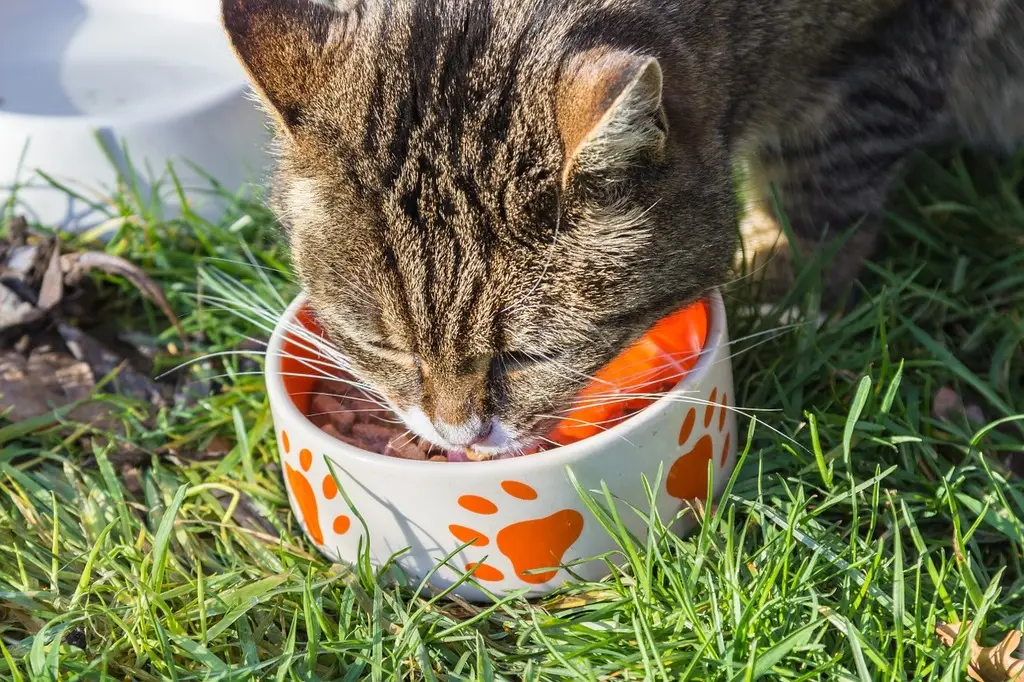
Leaving pet food outside can unintentionally become an open invitation for various predators, including snakes, raccoons, and coyotes. The scent of food, especially wet food or meat-based treats, can travel long distances and attract scavengers in search of an easy meal. If your pets eat outside, consider bringing their food in once they’re finished to avoid attracting unwanted visitors. Even dry kibble, which might not seem as aromatic to us, can still lure in animals, especially if it’s left out for an extended period.
According to a study published in the Journal of Mammalogy, animals like raccoons have a highly developed sense of smell and can detect food from quite a distance, making your yard a prime target for them. Snakes, too, are often drawn to the scent of smaller creatures like rodents, which they can find if they are foraging near pet food. To prevent this, avoid leaving any food in your yard or near your home overnight. You may also want to relocate pet food storage to a shed or garage with secure, closed containers.
3. Food Scraps
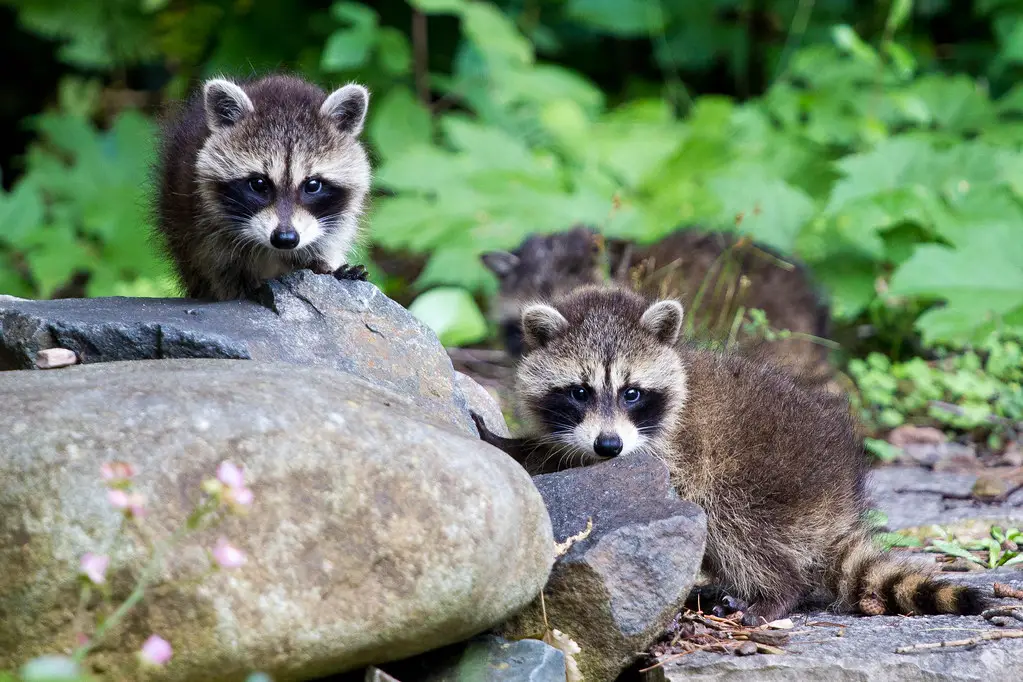
One of the most common and enticing smells for predators is that of food scraps. Whether it’s leftovers from a meal, fruit peels, or discarded bones, food waste gives off strong odors that attract scavengers like raccoons, opossums, and even coyotes. According to PAWS, these creatures are opportunistic feeders, always on the lookout for an easy food source. When you leave food scraps in your yard, even in compost bins or trash cans, you’re providing an open invitation to these animals to come investigate.
This scent trail doesn’t just attract scavengers—it can also appeal to snakes who feed on the smaller mammals that are drawn to the scraps. Raccoons are notorious for rummaging through trash cans, so make sure your trash bins are sealed tightly and stored in secure areas. If you compost, ensure that it’s properly contained with a lid, and avoid putting food scraps outside overnight. Clean your yard regularly to remove any leftover scraps and prevent attracting these opportunistic predators.
4. Sweet-Scented Flowers and Plants
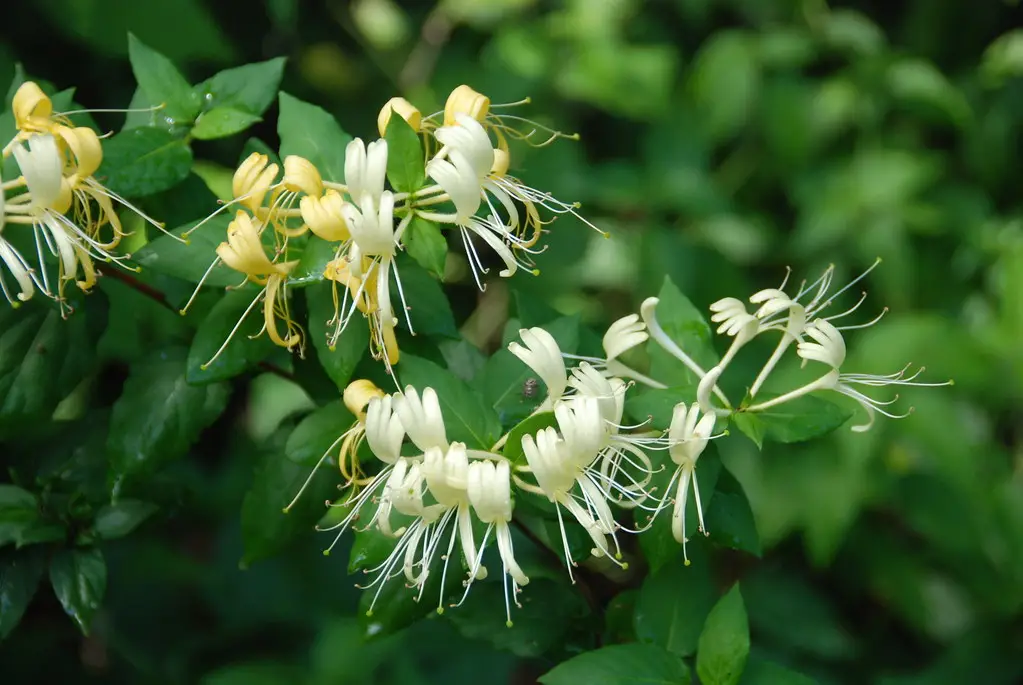
While we humans enjoy the fragrance of sweet flowers and plants, they can sometimes be an unwitting beacon for wildlife. Flowers such as honeysuckle, jasmine, and lilacs, as well as certain fruiting plants, give off a strong, sweet aroma that can attract not only bees and butterflies but also rodents. According to RodentStop, when rodents are drawn to your garden by the scent of sweet flowers, they may end up staying around longer to find food and shelter, which in turn attracts predators like snakes.
These predators, including snakes, have a keen sense of smell and can track small mammals over long distances. Snakes are also attracted to the moist environment around certain plants, which can provide hiding spots. To prevent this, you might want to reconsider planting overly fragrant plants near your home or garden, especially those that tend to draw in rodents. While some fragrant flowers are beneficial for pollinators, it’s crucial to balance aesthetics with practicality, especially if you’re trying to keep predators at bay.
5. Fruits and Vegetables
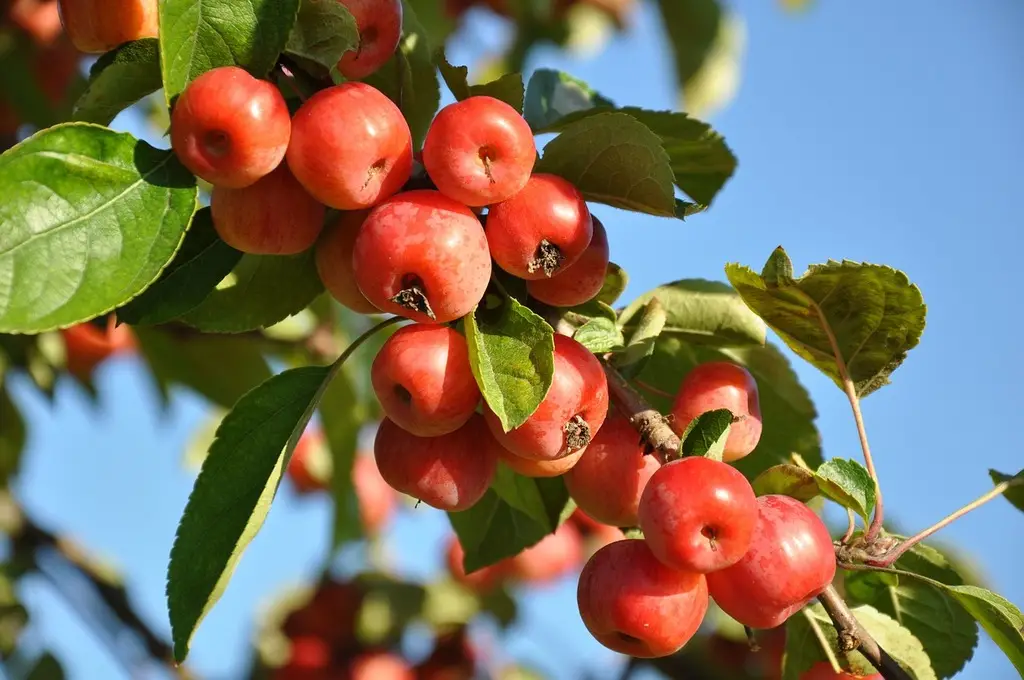
The smell of ripened fruit and vegetables is not only enticing to humans but also to rodents, which are a prime food source for many predators like snakes. If you have fruit trees or vegetable plants in your garden, any fallen or overripe produce can attract small mammals looking for an easy meal. When these creatures find food in your yard, they often stay around longer, and their presence is bound to draw in predators that hunt them. Snakes, in particular, are attracted to areas where they can find an abundance of prey, such as a garden teeming with small rodents.
According to SUNY ESF, some larger predators like foxes also scavenge for ripe fruits and vegetables. To avoid attracting these animals, regularly harvest your crops and remove any fallen produce from the ground. Consider using natural deterrents like predator urine or planting herbs such as mint or lavender, which may help keep rodents at bay and discourage snakes from hanging around your garden.
6. Garlic and Onion Smells
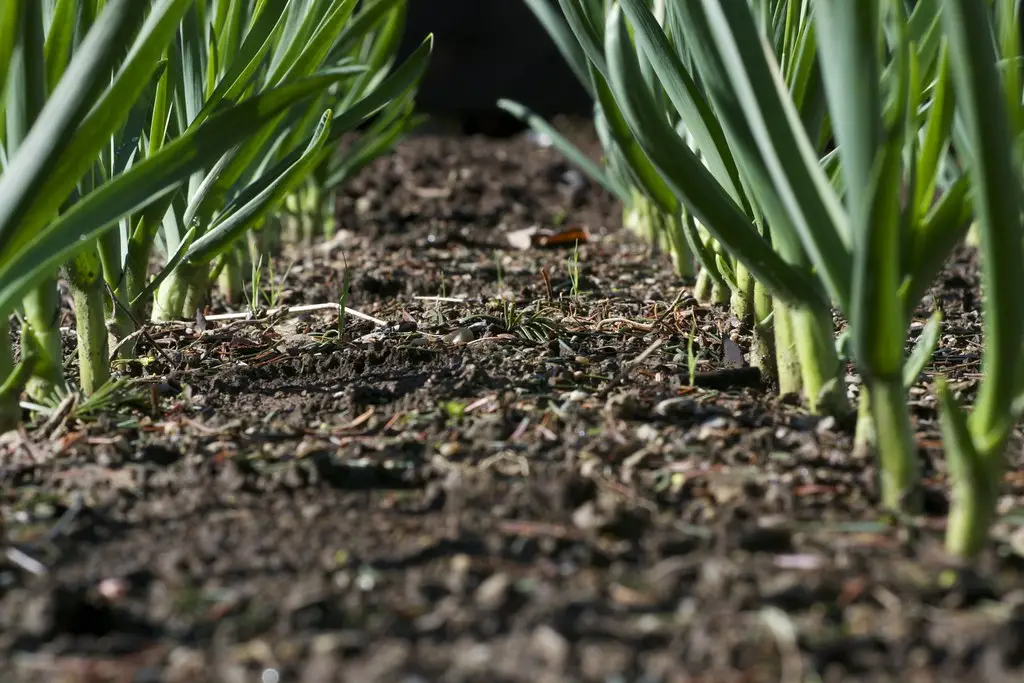
Garlic and onions are often used in gardens to deter pests, but their potent smell can actually attract larger predators such as deer, raccoons, and even snakes. While some pests may be repelled by these strong odors, other animals may be curious or even drawn to them, especially if they associate the scent with food. For example, deer are often attracted to the scent of garlic, while raccoons and skunks may be more intrigued by the smell of onions. Snakes, though typically indifferent to the scent of garlic or onion, may be more likely to approach areas where they find rodents that are attracted to these plants.
Additionally, if you’ve recently cooked with garlic or onions, the lingering smell could attract various wildlife from far and wide, thinking there might be food nearby. While you may want to keep garlic or onions in your garden, be mindful of where you plant them and how their scent may affect the surrounding wildlife. If you’re noticing an uptick in predators in your yard, it might be worth rethinking their placement.
7. Fish and Meat Scent
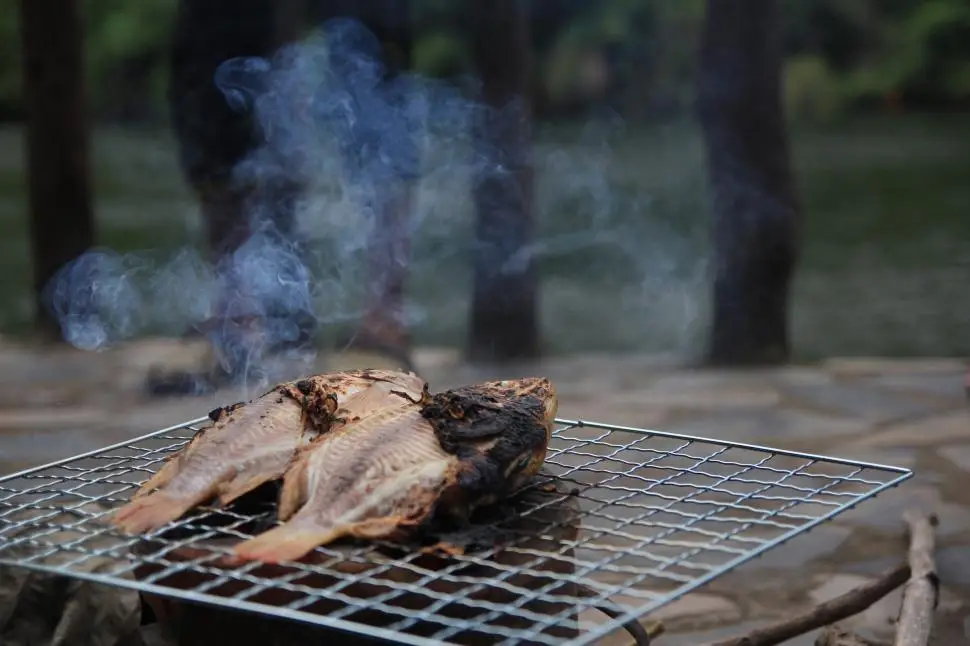
Grilling or cooking fish and meat outdoors may be a fun way to enjoy a meal, but it can also attract unwanted visitors like raccoons, foxes, or even larger predators such as bears and coyotes. The strong scent of fish or meat can carry for miles, and many animals have a remarkable ability to smell food from long distances. Raccoons, for instance, are notorious for scavenging for human food, and they can easily track down a barbecue or picnic area where food is being prepared. In addition, snakes are often attracted to the scent of smaller animals that might be present around a food source.
If you cook outside, make sure to clean up thoroughly after the meal, disposing of scraps and cleaning grills immediately. Use sealed containers for leftovers and avoid leaving food exposed in your yard. If you’re camping or cooking frequently outside, consider using portable grills that can be easily cleaned and moved away from your home or garden area.
8. Birdseed
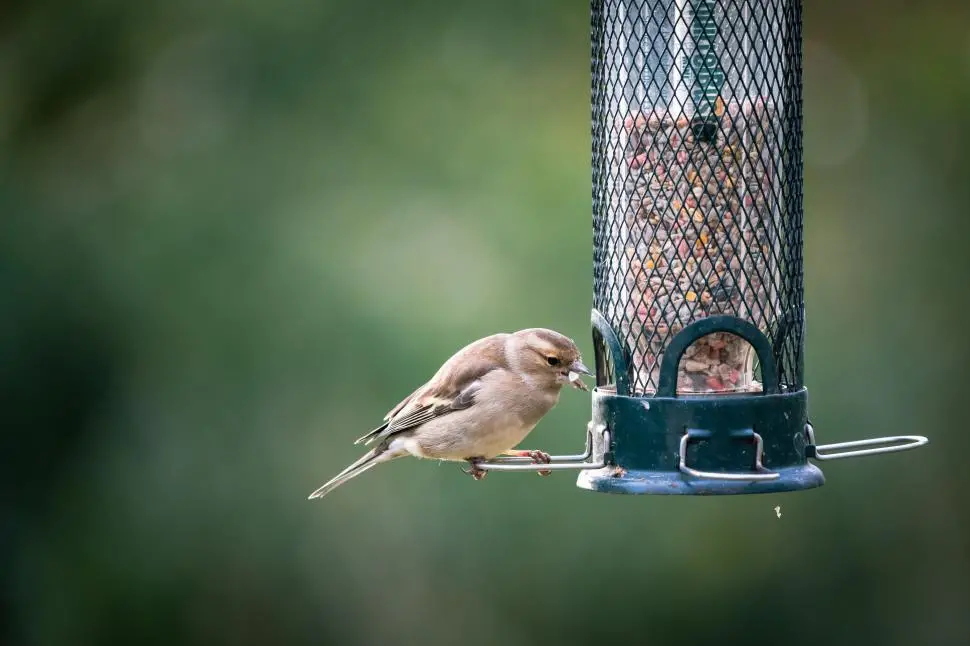
Birdseed, although intended to attract birds, can inadvertently invite a range of other animals, including snakes. Mice and squirrels are often drawn to birdseed, which provides them with an easy meal. As these smaller creatures come in to feed, predators like snakes are quick to follow. Snakes are particularly attracted to the scent of rodents, as they are a primary food source. If you’re feeding birds, you might also be feeding an entire ecosystem of creatures that could attract predators.
To reduce the chances of snakes being drawn to your yard, consider using a squirrel-proof bird feeder or placing birdseed in areas that are less accessible to small mammals. Additionally, make sure to clean up any spilled seeds that may accumulate under bird feeders, as this could lead to an increase in rodents. Keeping birdseed in secure containers and placing feeders in high, difficult-to-reach locations will minimize the chances of attracting predators.


